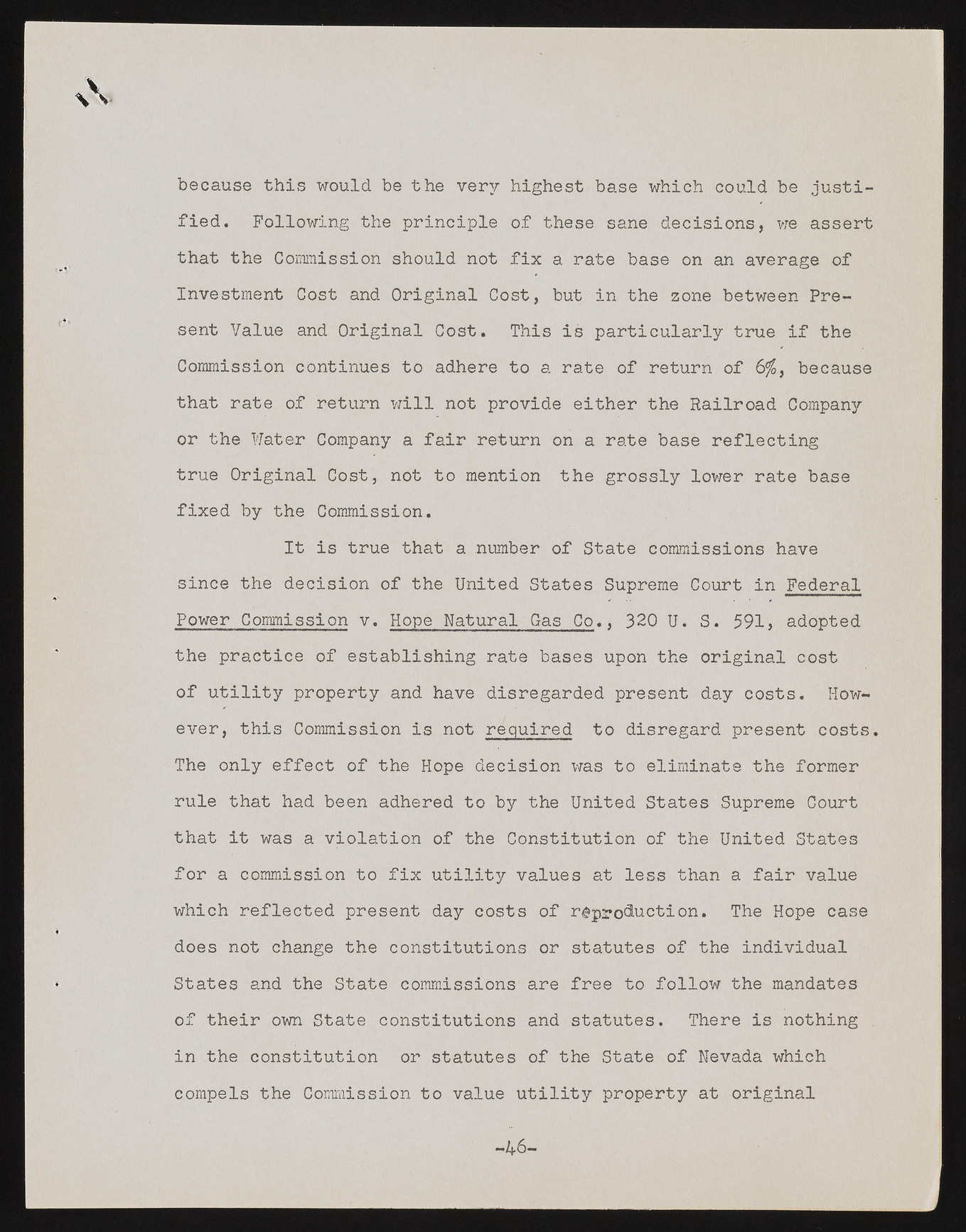Copyright & Fair-use Agreement
UNLV Special Collections provides copies of materials to facilitate private study, scholarship, or research. Material not in the public domain may be used according to fair use of copyrighted materials as defined by copyright law. Please cite us.
Please note that UNLV may not own the copyright to these materials and cannot provide permission to publish or distribute materials when UNLV is not the copyright holder. The user is solely responsible for determining the copyright status of materials and obtaining permission to use material from the copyright holder and for determining whether any permissions relating to any other rights are necessary for the intended use, and for obtaining all required permissions beyond that allowed by fair use.
Read more about our reproduction and use policy.
I agree.Information
Digital ID
Permalink
Details
Member of
More Info
Rights
Digital Provenance
Publisher
Transcription
s\ because this would be the very highest base which could be justified. Following the principle of these sane decisions, we assert that the Commission should not fix a. rate base on an average of Investment Cost and Original Cost, but in the zone between Present Value and Original Cost. This is particularly true if the Commission continues to adhere to a rate of return of 6$, because that rate of return will not provide either the Railroad Company or the Water Company a fair return on a rate base reflecting true Original Cost., not to mention the grossly lower rate base fixed by the Commission. It is true that a number of State commissions have since the decision of the United States Supreme Court in Federal Power Commission v. Hope Natural Gas Co., 320 U. S. 591, adopted the practice of establishing rate bases upon the original cost of utility property and have disregarded present day costs. However, this Commission is not required to disregard present costs. The only effect of the Hope decision was to eliminate the former rule that had been adhered to by the United States Supreme Court that it was a violation of the Constitution of the United States for a commission to fix utility values at less than a fair value which reflected present day costs of reproduction. The Hope case does not change the constitutions or statutes of the individual States and the State commissions are free to follow the mandates of their own State constitutions and statutes. There is nothing in the constitution or statutes of the State of Nevada which compels the Commission to value utility property at original -46-

